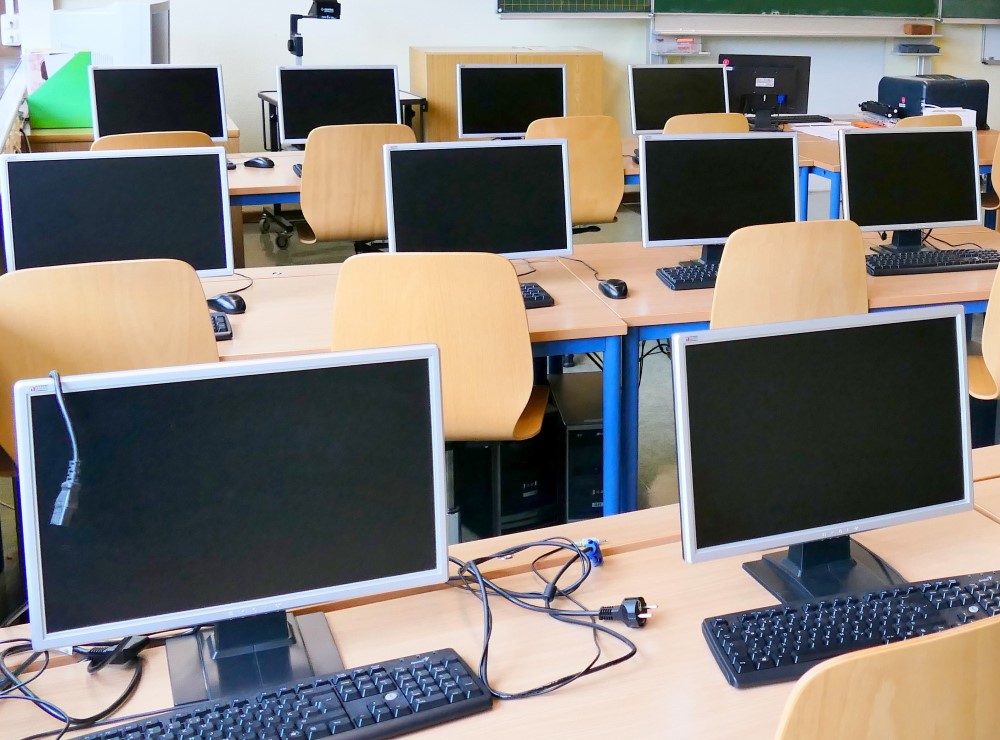Eurydice Report on Digital Education: Teachers need quality initial and continuous training in digital skills
Published:
A firm grounding in digital skills is vital for students and their teachers. A new report from Eurydice recognises the importance of support measures for the initial training and continued development of teacher-specific digital competences. This has long been a key feature of ETUCE’s demands for teachers’ optimal professional development.
On 11 September 2019, the Eurydice network published the report Digital Education at school in Europe. The report assesses the digital education policies of education systems in 43 countries, stemming from nationally gathered data. Eurydice highlights the importance of teachers’ digital skills and training, acknowledging that teacher competences, and particularly digital ones, need to be continually updated to respond to fast evolving technologies and to changes in society in general. However, the report lacks specific data on the current provision of in-service professional development opportunities, and makes no specific mention of investment figures in digital infrastructure, which should be a major consideration when assessing digital education policies.
Aware of the ever-growing importance of digital education for students and education personnel, ETUCE has long advocated for sufficient and sustainable public investment in education personnel’s training and educational establishments’ infrastructure – including digital infrastructure – so that all students can benefit from an adequate digital education. See, for example, our 2018 position paper on the new EU Digital Education Action Plan. Additionally, the 2016 ETUCE policy paper The 21st Century Teaching Profession and the Use of ICT stresses the importance of teachers’ initial training and continuous professional development. These are vital in order to keep up with fast-changing digital technologies and skills. This training must be free of charge for the teachers, and not impede on their existing workload. Therefore, ETUCE regrets the lack of focus on this aspect in the study. We also highlight the fact that pedagogical use of ICT must be inclusive and not detrimental to teachers’ working conditions.
Commenting on the findings of the Eurydice report, Susan Flocken, European Director of ETUCE, stated: “This study shows how crucial it is for European countries to invest public funding in initial and continuous training in digital skills for their teachers. This is the only way that teachers will in turn be able to offer all students the competences they need in modern societies and the world of work. Education trade unions call on national governments and employers in education to make sure teachers and other education personnel receive the training and support they need to provide the quality education 21st century students require.”